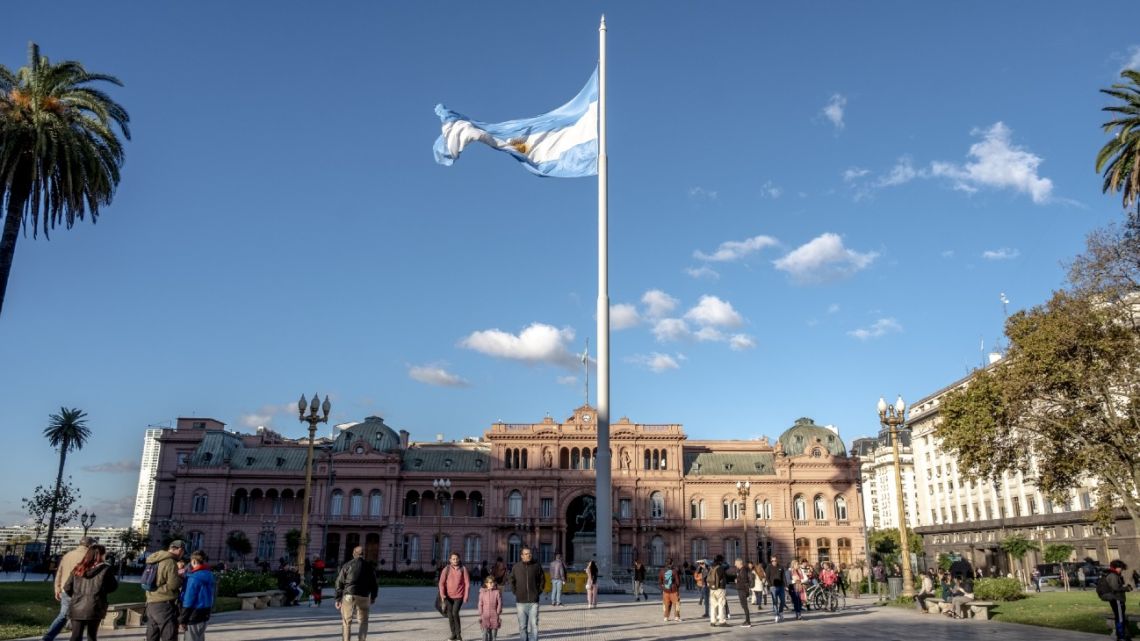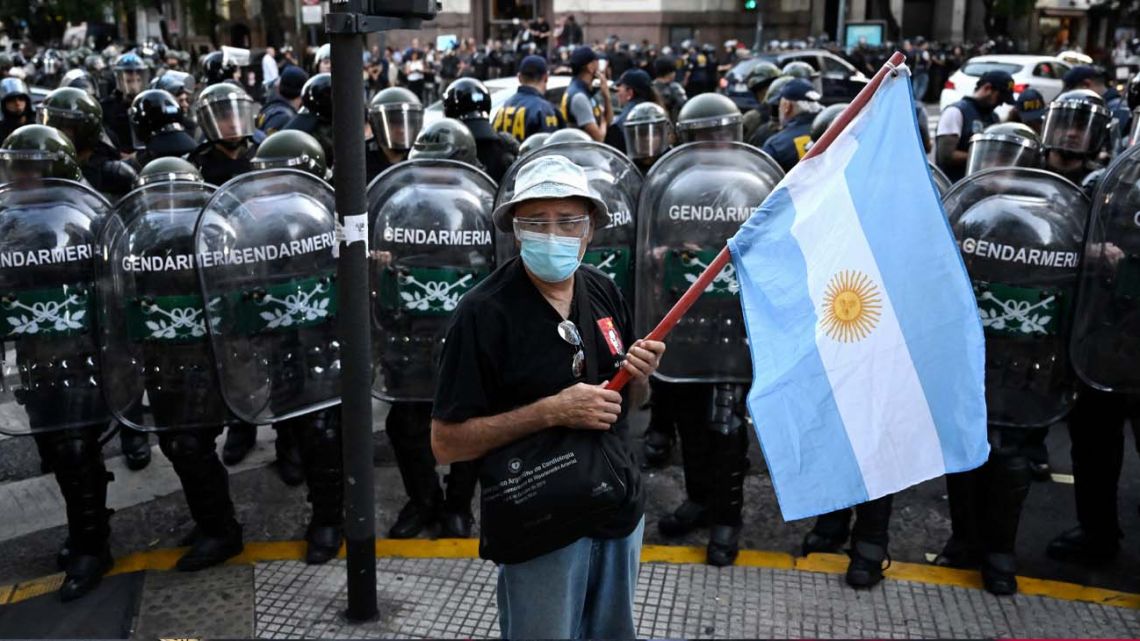The National Electoral Council launches Ecuador’s presidential runoff campaign on March 23, 2025, spotlighting a tight race. Incumbent Daniel Noboa and challenger Luisa González vie for leadership, with voters deciding by April 13.
This contest, born from a February 9 first round, pits two visions against a backdrop of crisis. Noboa secures 44.17% of the vote, edging out González’s 44% by just 16,746 ballots from over 13 million cast.
Neither clinches the majority, forcing this showdown after a fierce 16-candidate battle. Now, each wields $1 million in public funds, campaigning until April 10 across media and billboards, banned from handouts.
Violence haunts Ecuador, with 731 murders in January 2025 alone, averaging 23.5 daily deaths. Noboa, a 37-year-old businessman, touts his security push, cutting murders from 22 to 19 daily since 2023.
González, 47, a lawyer tied to ex-President Rafael Correa, promises social investment alongside enforcement, eyeing past stability. The economy stumbles, with poverty at 28% and blackouts plaguing 2024, worsened by a recession.
 Noboa, González Launch Runoff Battle in Ecuador. (Photo Internet reproduction)
Noboa, González Launch Runoff Battle in Ecuador. (Photo Internet reproduction)In addition, Noboa leans on his business roots, González on Correa’s oil-rich legacy. Their March 23 debate, aired nationally, exposes sharp divides—Noboa defends his record, González slams unmet promises like a $470 pension.
Ecuador’s Crucial Election
Indigenous leader Leonidas Iza, grabbing 5.25% in round one, shifts the tide by rejecting Noboa on March 12. His CONAIE group demands González halt mining and reverse Noboa’s tax hikes from 12% to 15%. Yet, some Amazonian factions back Noboa, splitting a key voting bloc.
This rematch echoes 2023, when Noboa upset González for a shortened term after Guillermo Lasso’s exit. Now, Noboa governs a fractured nation, his ADN party holding 66 Assembly seats to González’s RC 67. The winner faces a divided legislature needing allies to tackle crime and jobs.
Campaigning kicks off with tensions—Noboa mulls staying in office, drawing ire, while González rallies progressives. Voters, with 82% turnout last round, crave solutions to a cocaine-fueled crime surge and economic woes. The April 13 result will steer Ecuador’s path for four years.
Businesses watch closely, as stability hinges on the outcome—Noboa’s investment focus versus González’s welfare tilt. Ecuador stands at a pivotal moment, its 18 million citizens weighing security against equity in a race too close to call.

 By The Rio Times | Created at 2025-03-24 10:07:43 | Updated at 2025-04-04 23:41:19
1 week ago
By The Rio Times | Created at 2025-03-24 10:07:43 | Updated at 2025-04-04 23:41:19
1 week ago








